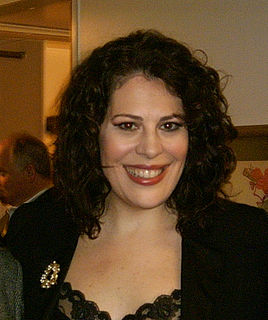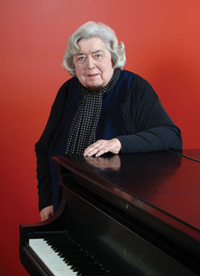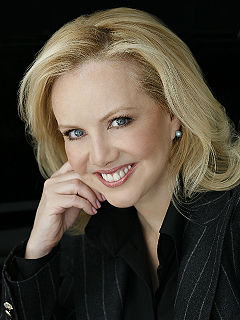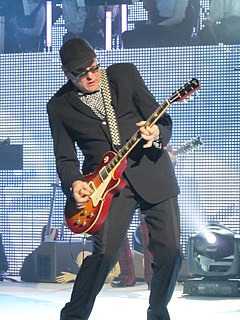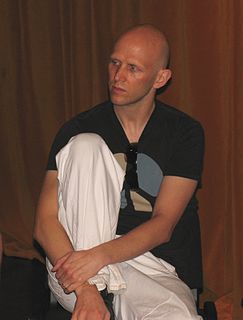A Quote by Charlie Brooker
Games get a bad press compared with, say, opera - even though they're obviously better, because no opera has ever compelled an audience member to collect a giant mushroom and jump across some clouds.
Related Quotes
Opera Australia has a mix - it produces new work, it produces from the classical repertoire and, particularly in more recent years, it's done those blockbuster musicals which are very lucrative for it and reach an audience that classic opera or a new opera perhaps wouldn't reach, like South Pacific for example.
There's the beauty of the stage. I don't like filmed theater or opera because you're kind of playing soccer in a hockey game. Either or, they don't do justice to the media and you end up with a hybrid that is purely sensationalistic. Opera is a very theatrical medium that should be seen on a stage with the musicians in the pit in the audience.

